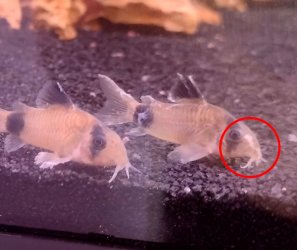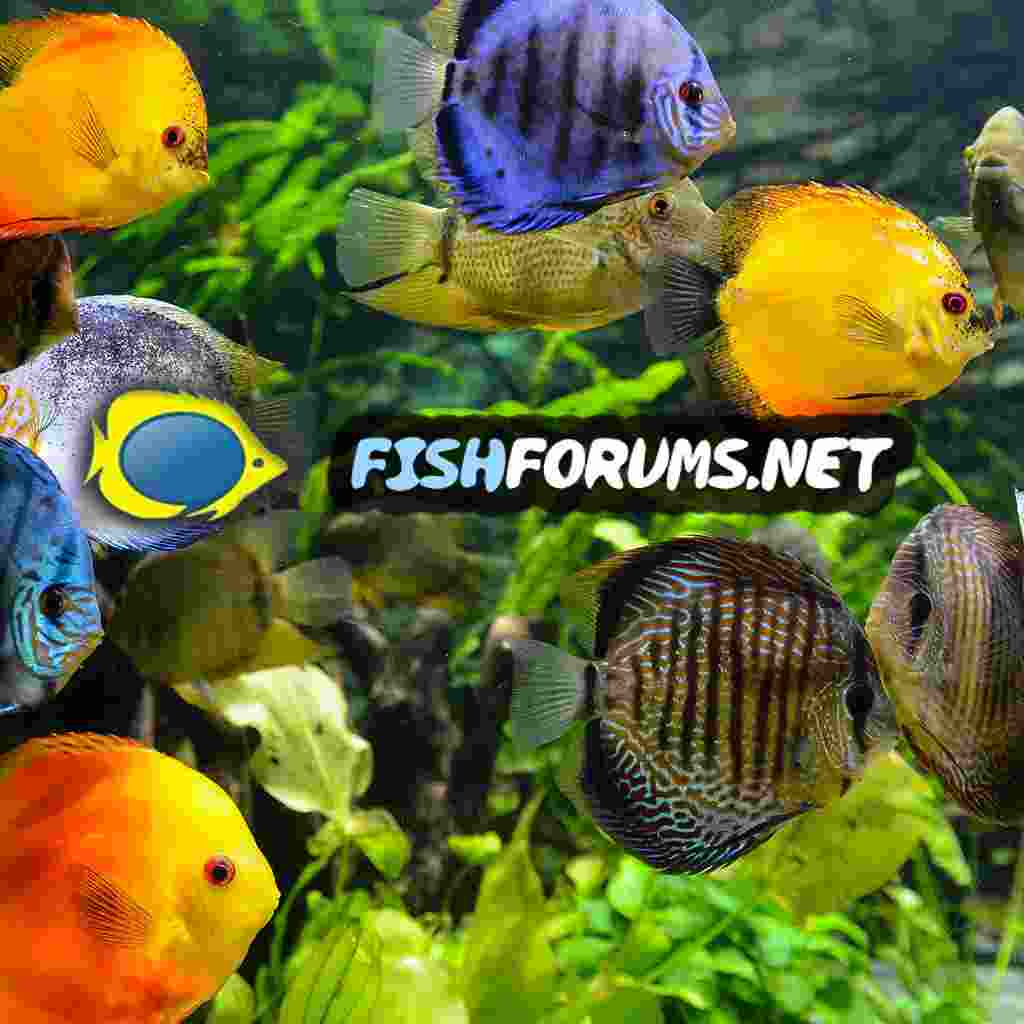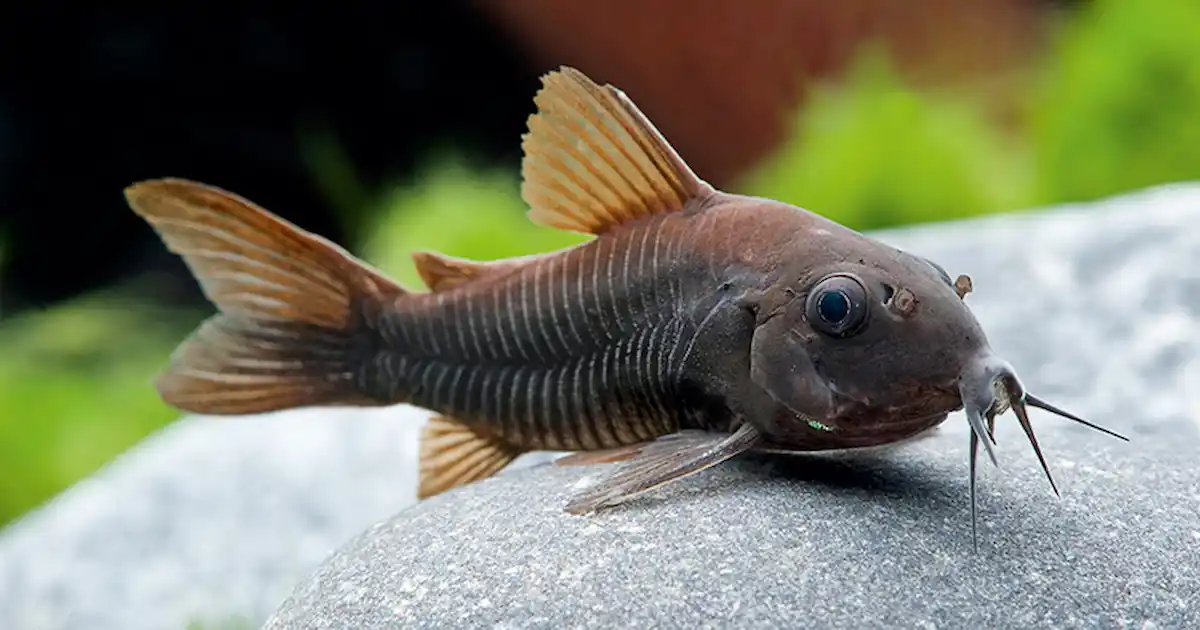Life_on_mars
New Member
I have this three Panda Corys in a 20 gallon tank along with 7 lemon tetras. The 3 corys started showing this white fuzz all over their bodies. They are eating and active when I feed them but must of the time hiding. The tetras are not showing any symptom.
Water parameters are correct. What can this be and how can I save them.
I have Seachem ParaGuard, PolyGuard, Api General Cure and API Pimafix in my fish first aid kit. Should I quarantine them or medicate the whole tank just in case?
Please help me save this little fellows!!!
Water parameters are correct. What can this be and how can I save them.
I have Seachem ParaGuard, PolyGuard, Api General Cure and API Pimafix in my fish first aid kit. Should I quarantine them or medicate the whole tank just in case?
Please help me save this little fellows!!!





